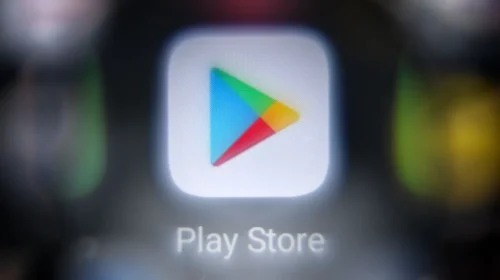Google, one of Microsoft’s main competitors, has made its chatbot ‘Bard public in response to ChatGPT. Bard, is a language model chatbot built on Google’s LaMDA (Language Model for Dialogue Applications) technology, which was previously only available to a select few through their AI Test Kitchen program.
ChatGPT has created quite a stir in the tech industry since its release as a free research preview. It had such a large impact that Google declared it a ‘code red’ internally. OpenAI, the creator of ChatGPT, has also altered many people’s perceptions of artificial intelligence, with many questioning whether AI is here to take over jobs.
For those who are unaware, Microsoft invested $1 billion in OpenAI in 2019, followed by a $3 billion investment in 2021, and more recently, in January last month, invested another $10 billion to double down on its AI commitment and compete with Google, Amazon, and Meta.
With Google joining the rapidly evolving AI race, it’s worth considering how their Bard chatbot compares to Microsoft and OpenAI’s ChatGPT. But is there a clear winner between the two?
CHATGPT VS GOOGLE BARD
To compare the two, it’s first necessary to understand the key differences between Google’s Bard and ChatGPT. Bard is an AI-powered discussion service that provides relevant, up-to-date answers to questions using LaMDA (Language Model for Dialogue Applications) and Web content.
“We’ve been working on an experimental conversational AI service, powered by LaMDA, that we’re calling Bard. And today, we’re taking another step forward by opening it up to trusted testers ahead of making it more widely available to the public in the coming weeks, Google CEO Sundar Pichai said in a blog post on Bard.
ChatGPT is built on GPT-3.5 (Google’s equivalent of LaMDA), but with a 2021 knowledge cutoff. This means that it does not have access to the most recent information and cannot provide ‘fresh’ responses. This appears to be a significant advantage for Bard over ChatGPT at first glance.
ChatGPT Vs Google Bard: Key Differences
It’s worth noting that OpenAI’s GPT (Generative Pre-trained Transformer) model has undergone extensive refinement in recent years, resulting in its current level of proficiency. However, Google’s Bard, which is powered by LaMDA, has some significant differences. For beginners, Bard is based on a simplified version of LaMDA that requires fewer computational resources, allowing it to serve a larger user base and collect more feedback.
Second, Google’s LaMDA has recently been the subject of debate. Blake Lemoine, a Google engineer, publicly stated that LaMDA was sentient,’ igniting a debate about AI’s capabilities. Google fired Blake Lemoine for making false statements as a result of this. However, no such controversy has emerged in relation to OpenAI’s ChatGPT.
And, in general, Google’s database of information, and native integration with Google Search could place it in a league of its own when it comes to offering detailed responses, and more factual data spread. Microsoft has acknowledged this and evidently, CEO Satya Nadella has been vocal about bringing ChatGPT to Bing—Microsoft’s own search engine. If anything, this could close down the gap between both chatbots-if there’s any, to begin with.
Furthermore, Google’s expertise in providing accurate and concise information with ease, combined with its extensive infrastructure, allows it to create a seamless user experience that is unaffected by high traffic and provides prompt responses to queries.
No Clear Winner, At Least Not Yet
It is too early to tell which chatbot is superior because Bard by Google is currently only available to a limited number of individuals and has not yet undergone the same level of public scrutiny as ChatGPT, which was made available as a free research preview.
Only when Google releases Bard to the public can direct comparisons be made. However, based on the appearances and Google’s claims, Bard appears to be a promising addition to the rapidly evolving artificial intelligence space.





